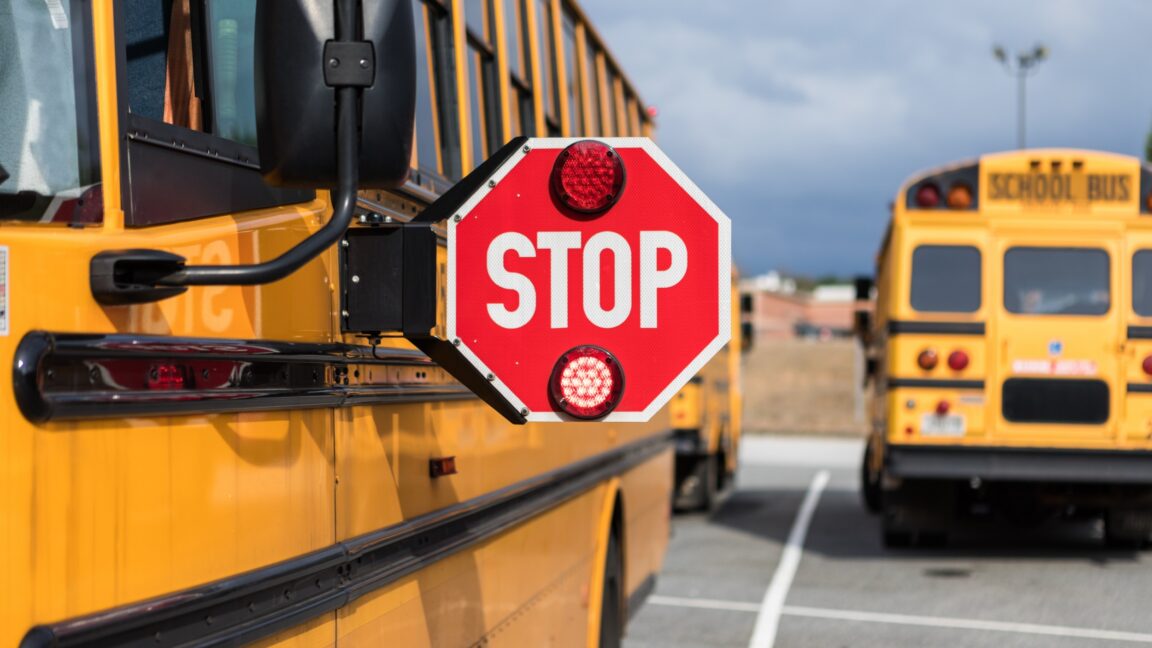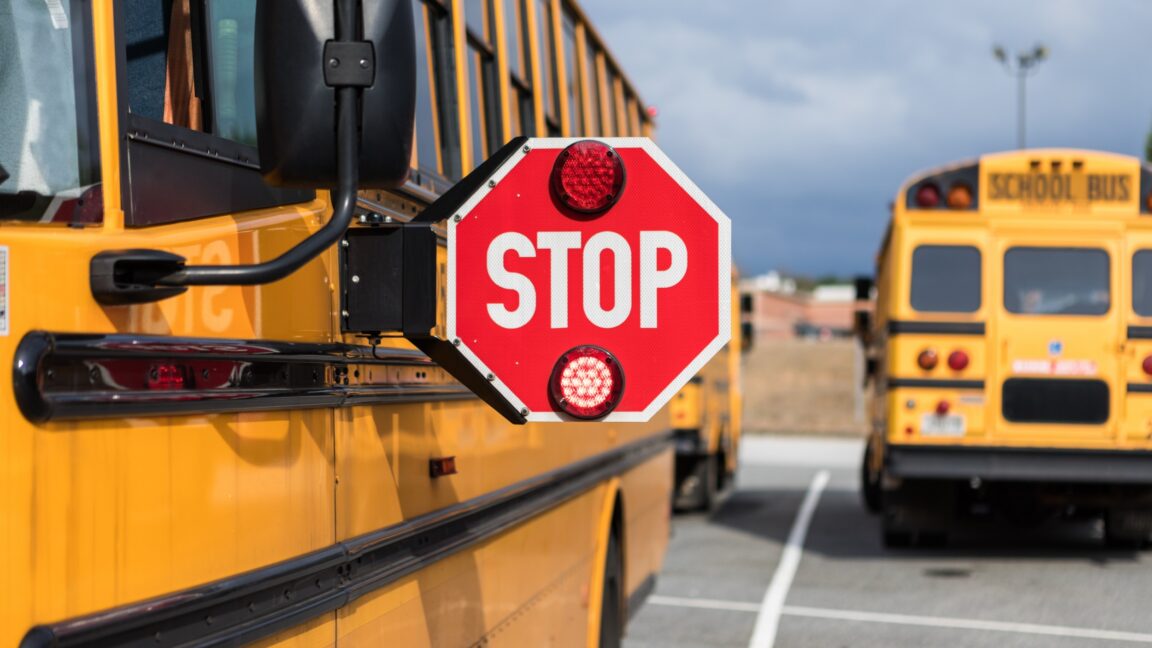
The FCC’s decisions faced backlash from advocacy organizations. “Students who depend on extended bus journeys to finish assignments and library users who rely on hotspots for tasks, education, or telehealth will abruptly lose access to vital resources. This verdict is progress in reverse,” stated Joseph Wender, executive director of the Schools, Health & Libraries Broadband Coalition.
“Chairman Carr’s harsh action to eliminate our children’s Internet connectivity won’t enhance America’s intelligence,” remarked Revati Prasad, executive director of the Benton Institute for Broadband & Society. The FCC “publicly voted to withdraw the chance to provide more Americans, notably in rural regions, the high-speed Internet access necessary to manage essential online tasks—paying bills, scheduling telehealth consultations, completing school applications—post library hours,” American Library Association President Sam Helmick commented.
The advocacy groups highlighted that in New Mexico, “Farmington Municipal Schools outfitted its 90 buses with Wi-Fi, serving over 6,500 students each day. Parents noted that children arrived home with their homework already done.” In Ohio, “the Brown County Public Library’s hotspot initiative enabled homeschool families to engage in virtual classes, entrepreneurs to operate mobile businesses, and veterans to attend telehealth sessions and certification exams.”
Helmick expressed that the library association is also “disheartened by the absence of due process, which offered no chance for staff, patrons, and library supporters to provide feedback on the draft order.” Gomez likewise criticized the procedure, stating that the FCC failed to release the draft order until after the deadline for stakeholders to consult with commissioners’ offices.
Gomez: Programs weren’t illegal
Gomez challenged Carr’s legal reasoning, asserting that “Congress authorized the FCC to broaden the applications of E-Rate funding as educational technologies evolve.” She emphasized that the Universal Service law allows the FCC to designate extra services for support. Gomez proceeded:
When the E-Rate program was launched, dial-up Internet was the norm, and now, as of September 30th, 2025, AOL is phasing out dial-up service. It’s reasonable to assert that the communications technology landscape has transformed significantly during the E-Rate program’s existence. As highlighted during my recent visit to the High School for Environmental Studies in New York, students now regularly use Chromebooks in classrooms and are required to submit homework online using platforms like Google Classroom. These advancements are facilitated by E-Rate funding.
Gomez pointed out that in 2003, during President George W. Bush’s administration, the FCC “broadened E-Rate support to encompass Internet access for bookmobiles. It also clarified that E-Rate funding could include a school bus driver’s usage of wireless services while transporting students, a librarian’s usage of wireless services on a mobile library unit van, and teachers’ usage of wireless services while accompanying students on field trips. Extending E-Rate support to include hotspots and Wi-Fi on school buses was in line with that precedent.”

